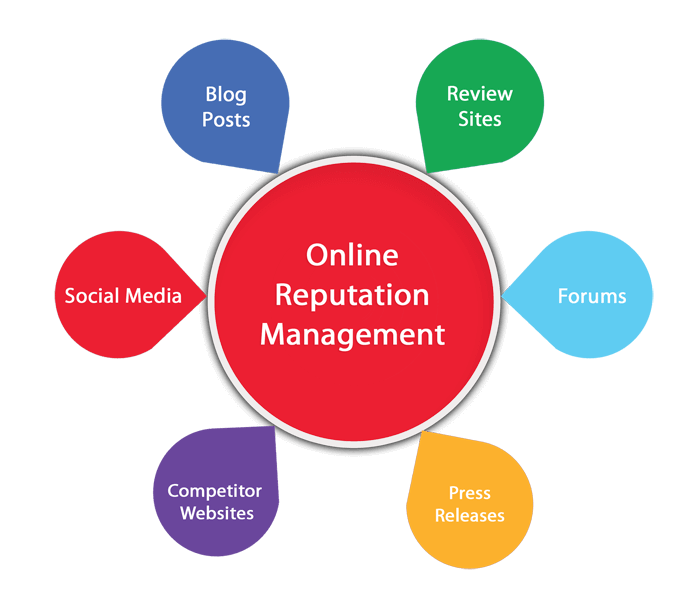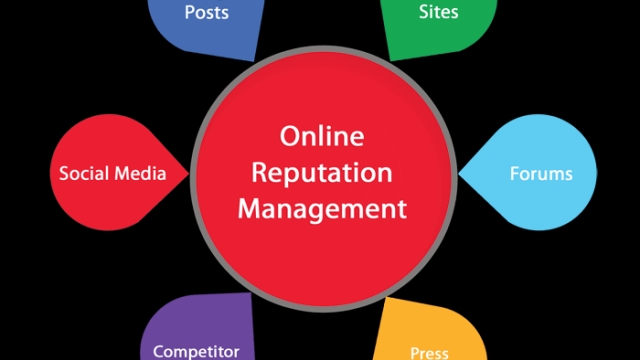
Crafting a strong online reputation is crucial in today’s digital age where our presence on the internet holds significant weight. Whether you are a professional aiming to build credibility, a business looking to attract customers, or an individual wanting to shape how you are perceived online, online reputation management is a skill that can propel you towards success. Your digital persona, the image you project through various online platforms, plays a key role in shaping the perceptions of others. It is, therefore, essential to be mindful of how you present yourself and manage the information available about you online.
In this digital landscape where information is readily accessible and opinions can spread rapidly, maintaining a positive online reputation requires intention and strategy. Online reputation management involves monitoring, influencing, and controlling the information available about you or your brand online. It’s about curating a digital presence that accurately reflects your values, expertise, and character while also addressing any potentially harmful content that may impact your reputation.
Importance of Online Reputation
In today’s digital age, the importance of online reputation cannot be overstated. Your online reputation serves as a powerful reflection of your character, values, and professionalism. It is often the first impression that potential clients, employers, or colleagues will have of you.
Maintaining a positive online reputation can open up a world of opportunities. Whether you are a business owner, freelancer, or job seeker, a strong online presence can enhance your credibility and trustworthiness. Positive reviews, testimonials, and endorsements can help establish you as a reputable and reliable professional in your field.
On the flip side, a negative online reputation can have detrimental effects on your personal and professional life. Negative comments, reviews, or posts can quickly tarnish your image and credibility, potentially leading to missed opportunities and damaged relationships. It is crucial to actively manage and monitor your online presence to ensure that your digital persona accurately reflects who you are and what you stand for.
Strategies for Building a Positive Image
When it comes to online reputation management, one of the key strategies for crafting a positive digital persona is to consistently showcase your expertise and professionalism. Whether through engaging content, thought leadership articles, or sharing relevant industry insights, positioning yourself as a knowledgeable authority in your field can go a long way in building a positive image online.
Another effective strategy is to actively engage with your audience and stakeholders across various online platforms. Responding to comments, addressing inquiries, and participating in meaningful discussions not only helps in establishing credibility but also demonstrates your commitment to transparency and accountability. By fostering a sense of transparency and open communication, you can strengthen relationships with your online community and enhance your overall reputation.
Lastly, leveraging positive feedback and testimonials can significantly boost your online reputation. Encourage satisfied clients or customers to share their experiences publicly, whether through testimonials on your website, reviews on third-party platforms, or social media endorsements. By highlighting the positive experiences of others, you can enhance your credibility, build trust, and attract new opportunities to further solidify your positive digital image.
Dealing with Negative Feedback
Negative feedback is an inevitable aspect of managing your online reputation. When faced with unfavorable comments or reviews, it’s important to respond thoughtfully and tactfully. Acknowledge the concerns raised and demonstrate empathy towards the person providing the feedback. By addressing negative feedback promptly and professionally, you can show your commitment to resolving issues and improving customer satisfaction.
Instead of getting defensive or engaging in arguments, consider using negative feedback as an opportunity for growth. Analyze the criticism objectively and identify areas where you can make genuine improvements. Responding constructively to negative feedback can not only help in rectifying specific issues but also showcase your willingness to listen to feedback and make positive changes based on it.
It’s crucial to monitor online platforms regularly for any negative comments or reviews. By staying proactive and addressing issues promptly, you can mitigate the impact of negative feedback on your digital persona. Utilize online reputation management tools to keep track of mentions and feedback so that you can respond effectively and maintain a positive online image.

